Today sees the start of the triennial ICM (International Confederation of Midwives) conference in Toronto. BU is well represented in Canada through academics based in the Centre for Midwifery, Maternal and Perinatal Health (CMMPH) presenting posters, papers and workshops. The ICM programme can be accessed on line, click here!
 Over the next few days BU staff will present on a collaboration with the Anglo-European College of Chiropractic: ‘Newborn feeding clinic service evaluation: Midwives working in partnership with chiropractors to enhance breastfeeding experiences of mothers & babies in the UK’.
Over the next few days BU staff will present on a collaboration with the Anglo-European College of Chiropractic: ‘Newborn feeding clinic service evaluation: Midwives working in partnership with chiropractors to enhance breastfeeding experiences of mothers & babies in the UK’.
Dr. Rachel Arnold presents on her PhD research at Bournemouth University under the title ‘Ensuring high-quality respectful care in a climate of fear and intimidation’. On Wednesday Prof. Edwin van Teijlingen reports on the maternal mental health training conducted in Nepal in 2016-2017 under the title ‘Mental health training for community maternity workers in Nepal’. Dr. Jenny Hall is co-organiser of a symposium Spirituality and Childbirth with Prof. Susan Crowther and Dr. Celine Lemay.
Moreover there will be many BU poster presentations this week including ones by:
- Dr. Rachel Arnold and her PhD supervisors on ‘Women’s rights: the impact of management systems, managers’ practice and attitudes on midwives’;
- Dr. Alison Taylor and her PhD supervisors on ‘Early breastfeeding support for first-time UK mothers: A study based on video diaries’ AND a further posters on ‘Mothers need to talk, midwives need to listen: Insights from breastfeeding mother’s video diaries’;
- Sara Stride and Dr. Sue Way on ‘UUPP Study: Updating the Understanding of Perineal Practice at the time of birth across the United Kingdom’
- Prof. Vanora Hundley, Dr. Ann Luce (BU Faculty of Media & Communication), Prof. Edwin van Teijlingen and two students, Sofie Edlund and Sian Ridden, on ‘Changing the narrative around birth: midwives’ views of working with the media’;
- Profs. Vanora Hundley and Edwin van Teijlingen also contributed to a poster produced by Dr. Andrew Symon and colleagues from across the UK: ‘Midwifery-led antenatal care models: Mapping a systematic review to an evidence-based quality framework to identify key components and characteristics of care’.
Prof. Edwin van Teijlingen
Toronto, Canada
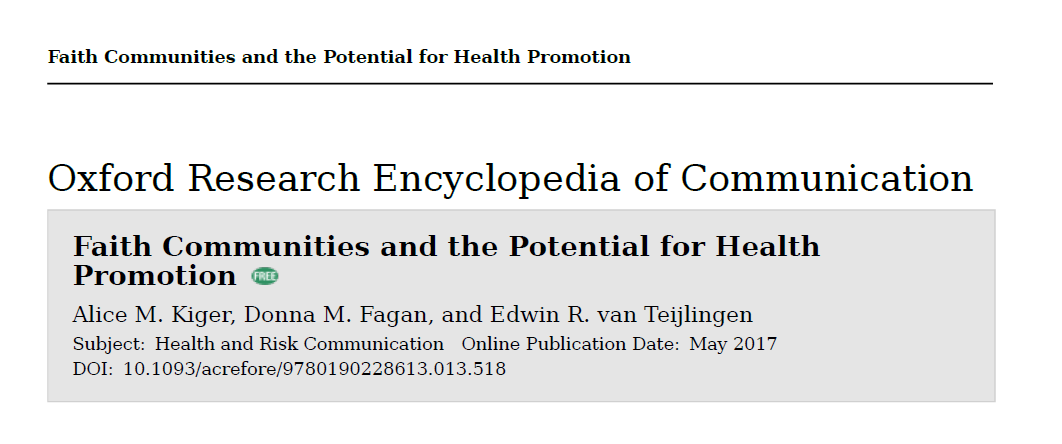
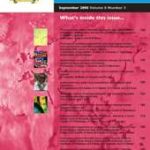
 We would encourage our BU academics to participate in this upcoming Vitae event and pick up useful tips and information. A
We would encourage our BU academics to participate in this upcoming Vitae event and pick up useful tips and information. A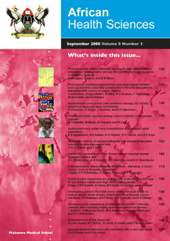






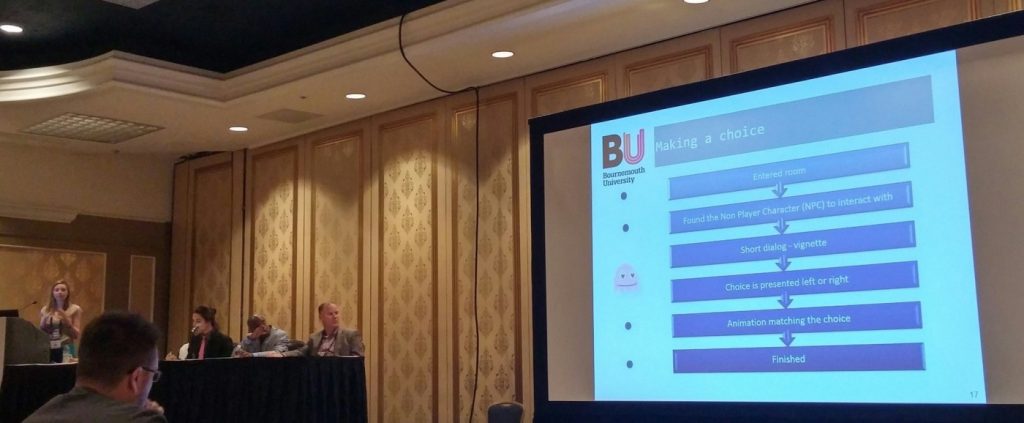 student paper. The research presented was funded by the University Student Research Assistant (SRA) scheme, which involved collaboration between departments and faculties. The research involved creating a game to measure in-game moral decisions. The research team included Jacqui Taylor and John McAlaney from the Department of Psychology, Davide Melacca and Christos Gatzidis from the Department of Creative Technology, and Eike Anderson from the National Centre for Computer Animation.
student paper. The research presented was funded by the University Student Research Assistant (SRA) scheme, which involved collaboration between departments and faculties. The research involved creating a game to measure in-game moral decisions. The research team included Jacqui Taylor and John McAlaney from the Department of Psychology, Davide Melacca and Christos Gatzidis from the Department of Creative Technology, and Eike Anderson from the National Centre for Computer Animation.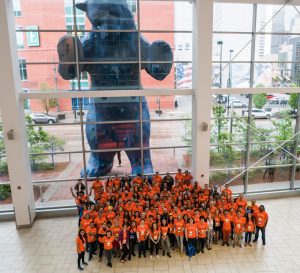
 volunteers with their duties. Sarah found it to be a great experience and highly recommends other students to consider being a student volunteer as a great chance to network and it also helps with funding conferences as the registration fee was waived.
volunteers with their duties. Sarah found it to be a great experience and highly recommends other students to consider being a student volunteer as a great chance to network and it also helps with funding conferences as the registration fee was waived.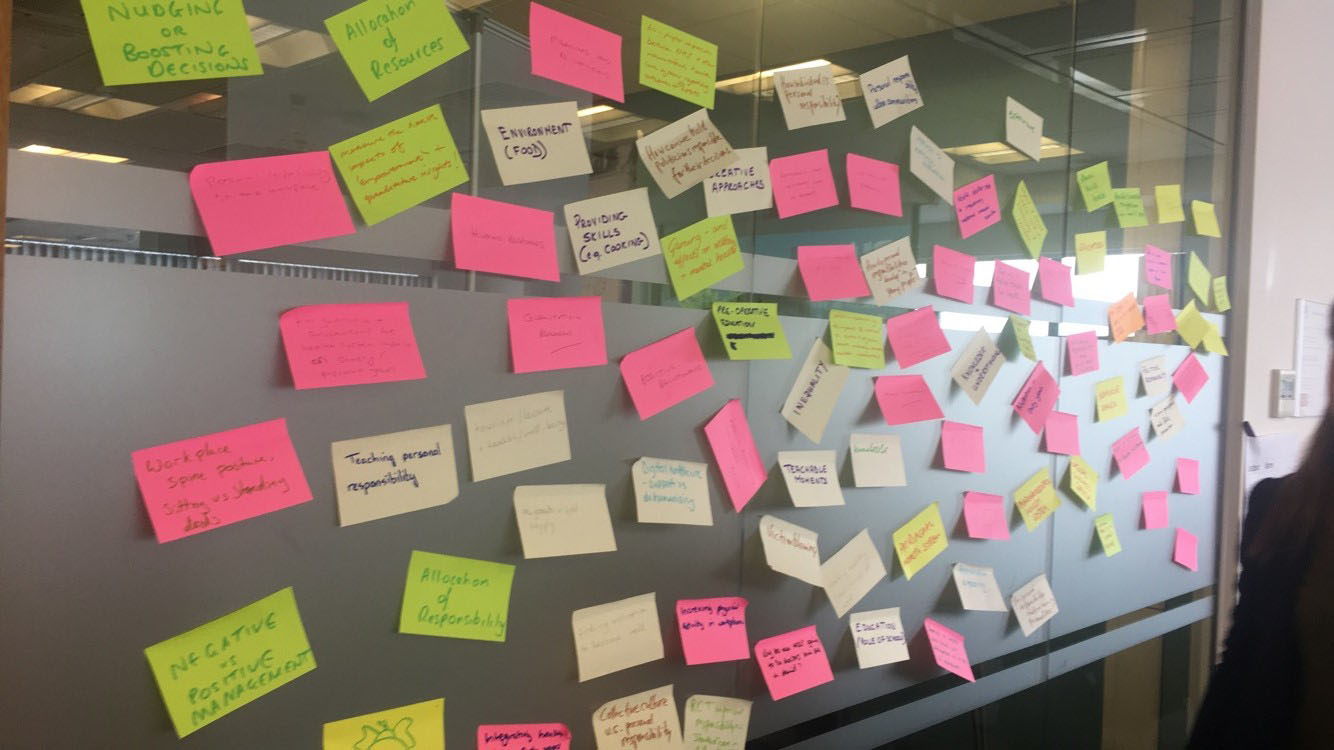 You’ve probably seen on the BU Research Blog, that in RKEO we hold lots of ‘sandpit’ events. If you have ever wondered what a sandpit is, they offer the opportunity to meet new people, and to spend dedicated time developing novel ideas for research projects. They also involve lots of post-it notes, and occasionally some colouring!
You’ve probably seen on the BU Research Blog, that in RKEO we hold lots of ‘sandpit’ events. If you have ever wondered what a sandpit is, they offer the opportunity to meet new people, and to spend dedicated time developing novel ideas for research projects. They also involve lots of post-it notes, and occasionally some colouring!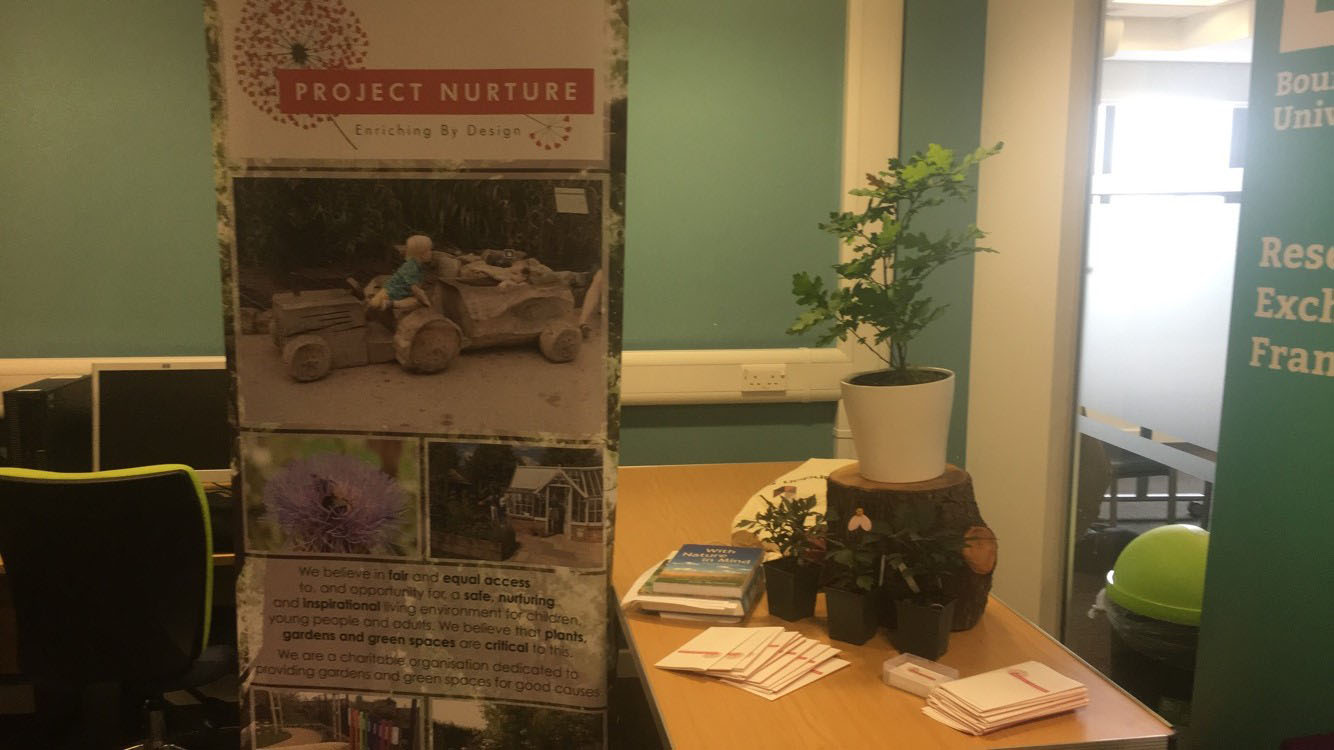 On Tuesday, we welcomed fantastic speakers from
On Tuesday, we welcomed fantastic speakers from 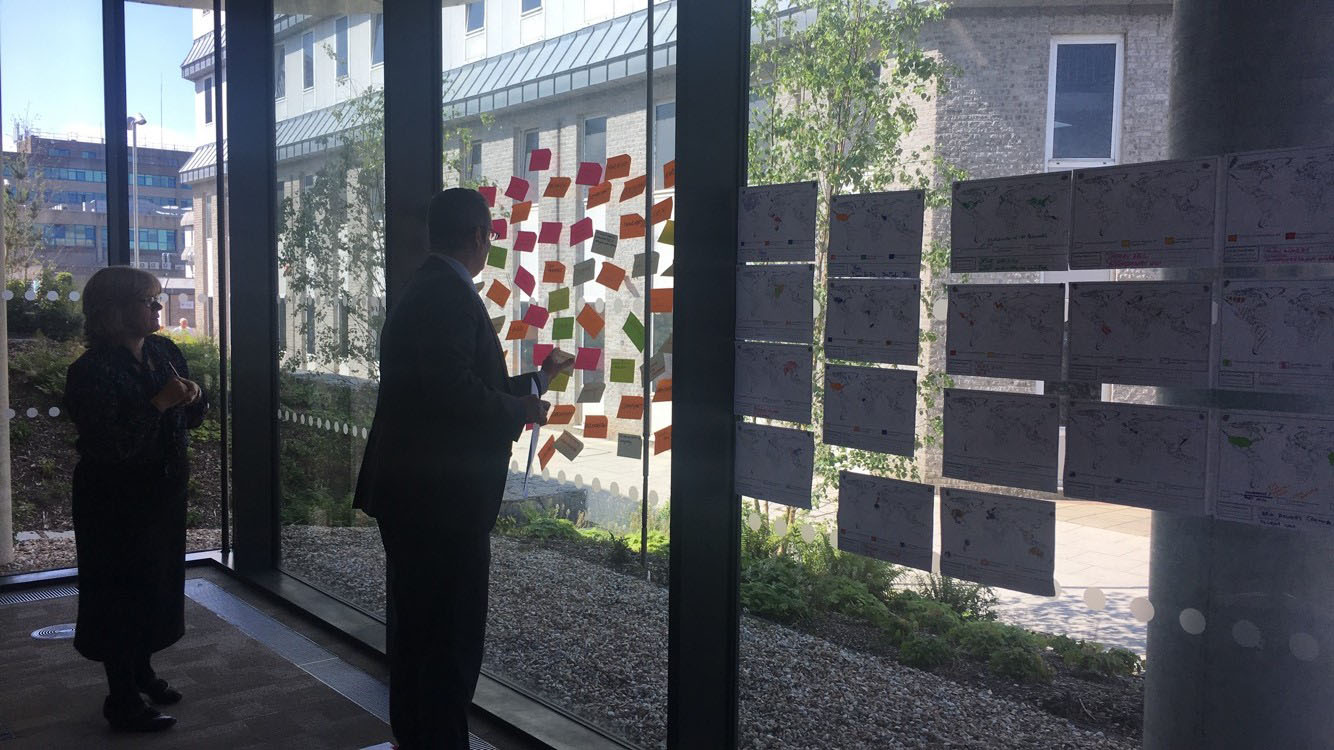 On Wednesday, the
On Wednesday, the 
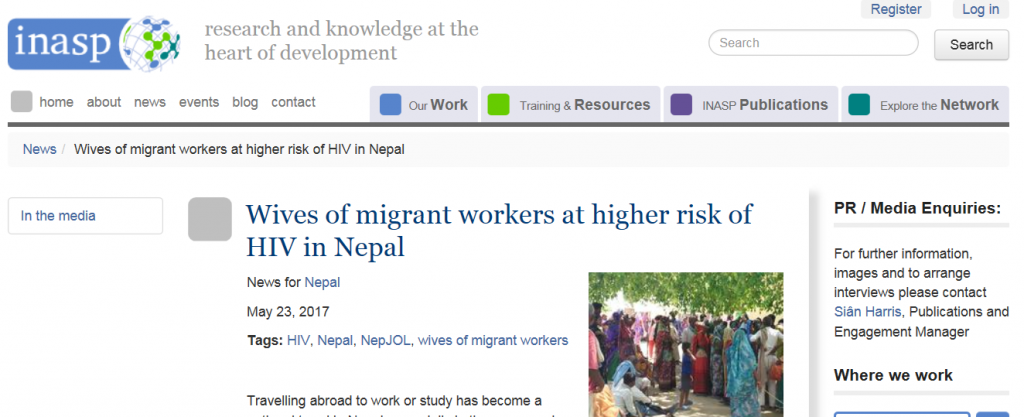
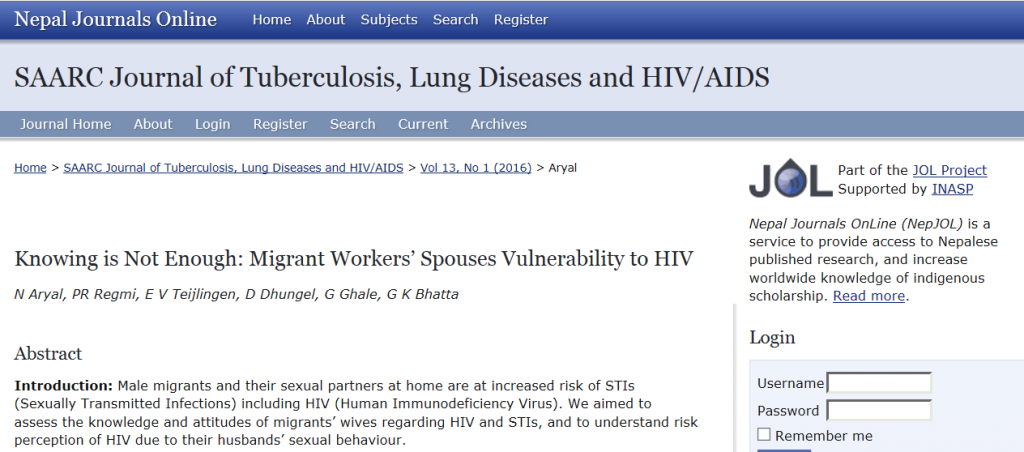
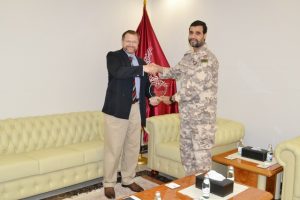



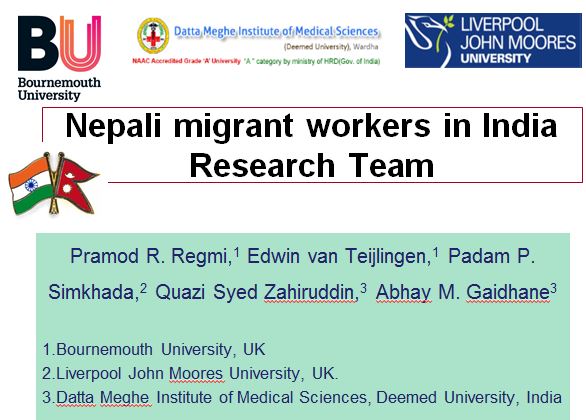
 The MRC have developed an
The MRC have developed an 












 From Sustainable Research to Sustainable Research Lives: Reflections from the SPROUT Network Event
From Sustainable Research to Sustainable Research Lives: Reflections from the SPROUT Network Event REF Code of Practice consultation is open!
REF Code of Practice consultation is open! BU Leads AI-Driven Work Package in EU Horizon SUSHEAS Project
BU Leads AI-Driven Work Package in EU Horizon SUSHEAS Project ECR Funding Open Call: Research Culture & Community Grant – Apply now
ECR Funding Open Call: Research Culture & Community Grant – Apply now ECR Funding Open Call: Research Culture & Community Grant – Application Deadline Friday 12 December
ECR Funding Open Call: Research Culture & Community Grant – Application Deadline Friday 12 December MSCA Postdoctoral Fellowships 2025 Call
MSCA Postdoctoral Fellowships 2025 Call ERC Advanced Grant 2025 Webinar
ERC Advanced Grant 2025 Webinar Update on UKRO services
Update on UKRO services European research project exploring use of ‘virtual twins’ to better manage metabolic associated fatty liver disease
European research project exploring use of ‘virtual twins’ to better manage metabolic associated fatty liver disease